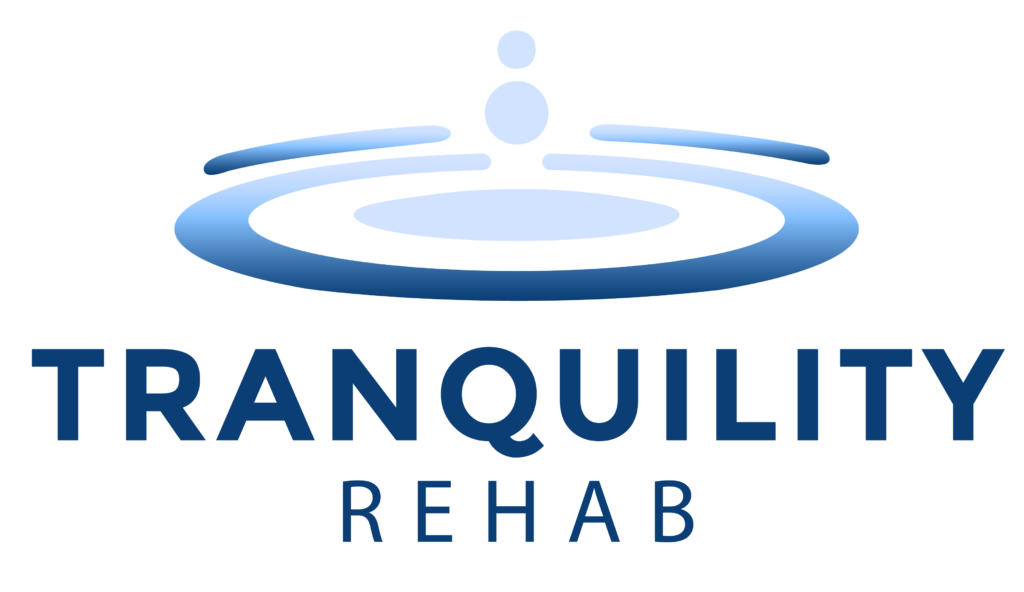When we think about hangovers, we often picture the aftermath of a night filled with too much alcohol. Common symptoms like headache, nausea, fatigue, and irritability can be debilitating, leading many to question why they find themselves in such a state after drinking. But what about those who struggle with alcoholism? Do alcoholics experience hangovers in the same way, or is their relationship with alcohol different?
The Nature of Alcoholism
Alcoholism, or alcohol use disorder (AUD), is characterized by an inability to control drinking despite negative consequences. This condition alters how a person’s body processes alcohol, affecting their tolerance and the physiological response to drinking. While many people who consume alcohol in moderation may face hangovers after excessive drinking, individuals with AUD may experience a diminished or altered response to alcohol and its effects.
Do Alcoholics Experience Hangovers?
Yes, alcoholics can and do experience hangovers. However, the severity and nature of these hangovers can vary significantly. Several factors contribute to this difference:
- Tolerance Levels: Many alcoholics develop a high tolerance to alcohol over time. This means they may need to consume larger quantities to feel the same effects, which can mask the typical symptoms of a hangover. While they might still experience symptoms, they may not be as pronounced or may be misinterpreted due to the individual’s chronic consumption.
- Physical Dependence: Individuals with AUD often experience withdrawal symptoms when they reduce or stop drinking. These withdrawal symptoms can mimic or overlap with hangover symptoms, making it challenging to discern the two. In some cases, what might be perceived as a hangover could be a withdrawal episode, which can be far more severe and require medical attention.
- Health Implications: Chronic alcohol consumption can lead to various health issues, including liver damage and gastrointestinal problems. These conditions can exacerbate hangover symptoms, making recovery more difficult. For many alcoholics, what may feel like a hangover could be a sign of underlying health complications requiring professional treatment.
The Impact on Daily Life
The daily reality of living with AUD is often riddled with challenges. Many individuals may find themselves caught in a cycle of drinking to alleviate the symptoms of a hangover, only to wake up the next day feeling worse. This cycle can perpetuate the addiction, leading to a reliance on alcohol to function.
Moreover, the stigma surrounding alcoholism can make it difficult for individuals to seek help. Many people may feel ashamed of their drinking habits or worry about how they’ll be perceived by others. It’s crucial to understand that seeking help is a brave and necessary step toward recovery.
Finding the Right Treatment
If you or someone you know is struggling with alcohol addiction, it’s important to seek professional help. Treatment options can vary widely, from outpatient programs to residential rehab facilities. The right program will address not only the physical aspects of addiction but also the psychological factors that contribute to alcohol use.
At Tranquility Rehab, we understand the complexities of addiction and the importance of a comprehensive approach to treatment. Our experienced team provides personalized care tailored to individual needs, helping clients navigate the challenges of recovery and build a healthier, alcohol-free life.
Take the First Step Toward Recovery
If you’re feeling overwhelmed by alcohol use, remember that you’re not alone, and there is help available. It’s never too late to seek assistance and make a change. Don’t let hangovers or the cycle of addiction control your life any longer.Reach out to Tranquility Rehab today to learn more about our programs and how we can support you on your journey to recovery. Whether you’re ready to take that first step or simply need more information, our compassionate team is here to help you find the path to a brighter future.


